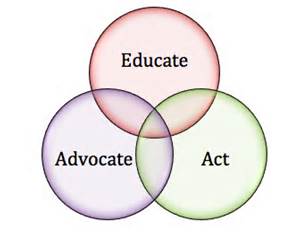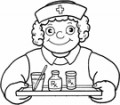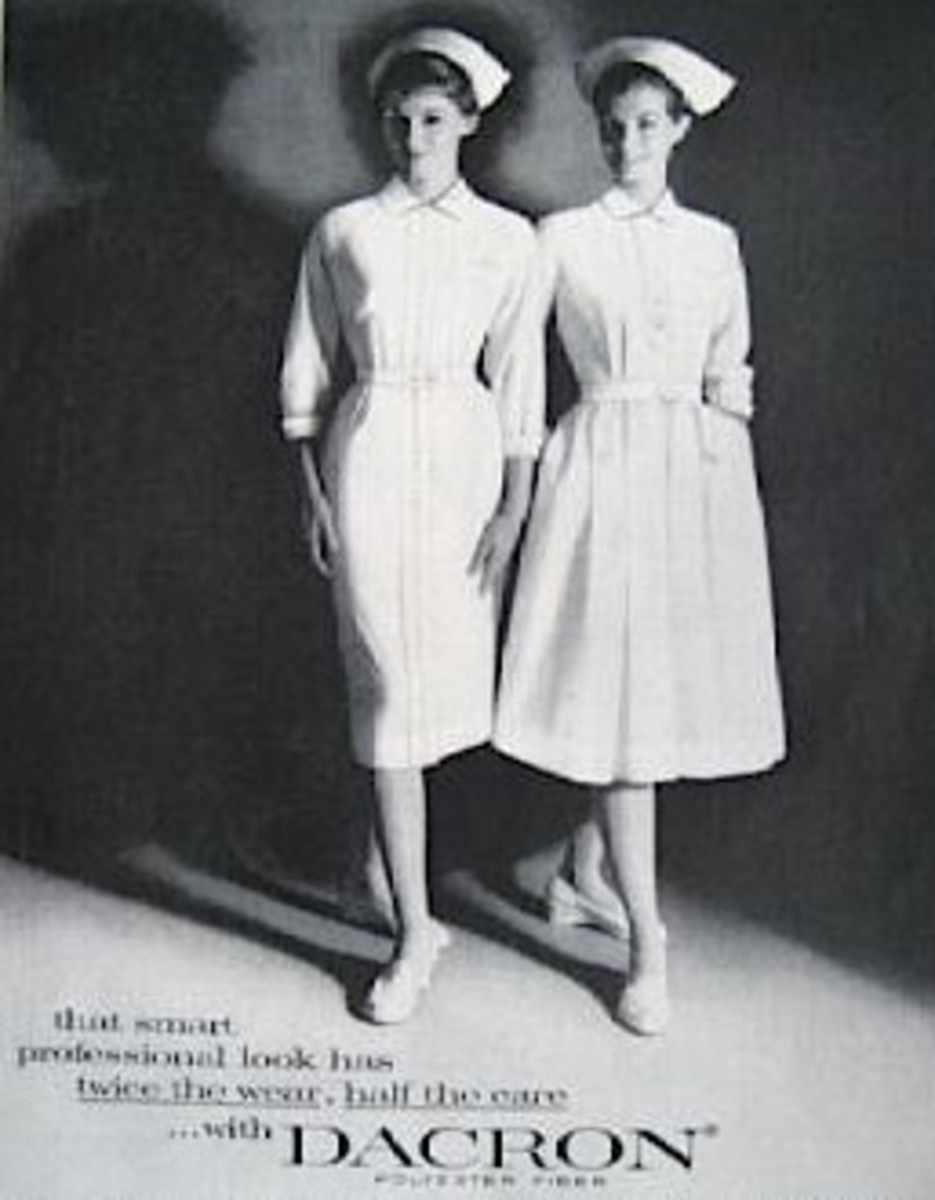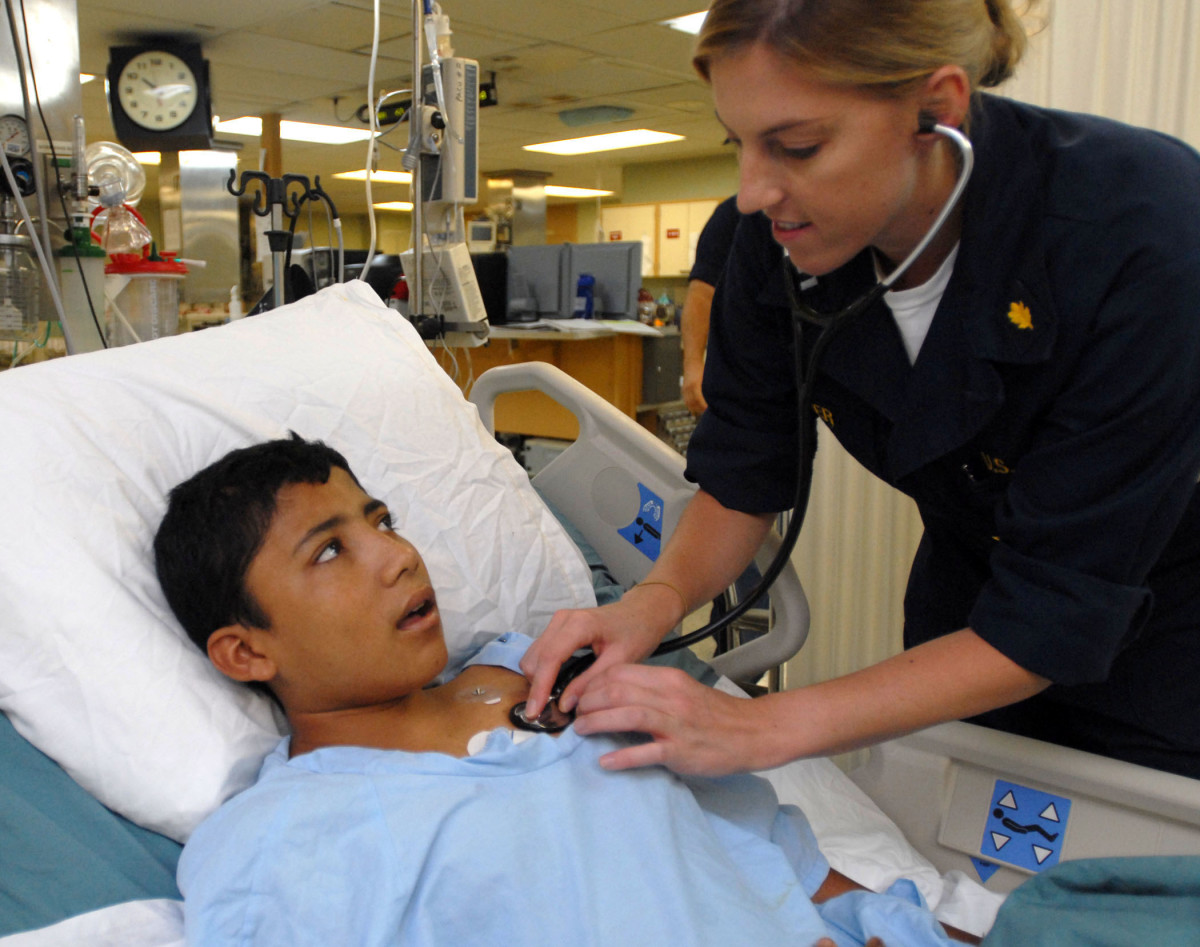Away from the Bedside: Today and Beyond

Facilitate Learning
Facilitation of learning is necessary for all advanced nurses. Nurse educators must understand contemporary nursing issues and how to engage students to learn them (Halstead, 2007, p. 18). Educators must also implement a variety of teaching strategies, engage in continued learning, and effectively use information technologies (Halstead, 2007, p. 18). Advanced practice nurses provide patient education and follow up care related to the teachings. They must use age appropriate teaching tools and methods, individualizing education for specific patients. According to the American Nurses Association (ANA) (2009), standard 5b for nursing administration is health promotion, heath teaching, and education (p. 31). The nurse administrator must contribute to educational programs, promote appropriate teaching methods and tools, and evaluate teaching effectiveness (American Nurses Association, 2009, p. 31).
Advocacy
Advocacy is necessary among educators, leaders, and practice based nurses also. Nurse educators must advocate for student nurses to ensure an environment that is conducive to learning. According to Halstead (2007), nurse educators must provide resources to diverse learners that assist them to meet individual learning needs (p. 52). Practice based nurses involve patients in their own care and protect their confidentiality. Leaders and administrators act as advocates to patients, staff, and providers. “The nurse administrator integrates advocacy into the design, implementation, and evaluation of policies, programs and services, and systems” (American Nurse Association, 2009, p. 44).

Critical Thinking, Collaboration, and Quality
Many other skills and competencies are interrelated among educators, leaders, and practice based nurses. Critical thinking is necessary facilitate learning with students, lead peers in the profession, and care for patients. Collaboration must be present to individualize learning, work with administrative teams, and provide interdisciplinary patient care. Advanced nurses must also commit to quality improvement. Halstead (2007) states that nurse educators must demonstrate a commitment to lifelong learning (p. 126). Administrators and practice nurses alike should continue with this standard to ensure advances in the healthcare field are utilized and high quality care is given.
Poll-What's Most Important to You?
Which Skill/Competency is Most Important to You?
Academic Preparation
Health care continues to change rapidly. Many institutions are selective in their retention efforts to choose nurses with higher levels of education. The lean towards the Bachelor’s prepared nurse is likely and perhaps necessary to ensure adequate preparation and education for the increasingly complex healthcare field. Harris, Stanley, and Rosseter (2011) state that nurses with baccalaureate or higher-level degrees produce better patient care outcomes and reduce mortality and failure-to-rescue rates. Care is shifting from hospitals to community-based settings as the population ages and care management in the community becomes more complex (Tanner, 2010). Education must meet and challenge these complexities. Recommendations of entry into practice at the bachelor’s level have been documented since 1965 (Tanner, 2010).
Due to the state of the economy and the anticipated nursing shortage, associate programs are still necessary at this point. Prerequisites, nursing curricula, and faculty size vary widely among two-year programs (Tanner, 2010). Some associate nurses feel very prepared following graduation while others feel their programs were lacking in some areas. Perhaps standardization of education would improve outcomes of associate nurses. Tanner (2010) suggests community colleges and university programs partner, sharing faculty, classrooms, clinical education resources, and curriculum.
Futures Thinking
Futures thinking education would better prepare students to envision desired futures for nursing and health care, embrace change and complexity, and believe that they can make a difference (Freed & McLaughlin, 2011). The article presented by Freed and McLaughlin (2011) identified 10 reasons for the need of future studies.
Why Do We Need Futures Thinking?
10 Reasons for the need of future studies:
|
|---|
Give early warnings about important health and nursing issues and emerging trends
|
Give confidence for risk taking and innovation in education, practice, management, and research
|
Help get a foothold in new markets and roles for nursing, prepares nurses for survival as a profession, and generates successful evolution of nursing roles into the future
|
Analyze trends and influences to determine directions and plans of action for nurses to take
|
Provide opportunity to balance positive and negative outcomes over the long term
|
Help keep abreast of changes in the healthcare environment
|
Require interdisciplinary collaboration to reach common future goals
|
Enable the imagination of moral, desired, positive futures for nursing and healthcare
|
Empower nurses to strategize and act on desired futures
|
Freed & McLaughlin, 2011
Residency
Currently, during clinicals students may be rarely engaged with the full scope of nursing decision-making due to being assigned one or few patients. A residency would allow students to link patient outcomes with larger systems issues or population-based care management (Tanner, 2010). According to Tanner (2010), the residency would focus on learning outcomes, rather than on placements and completion of clock hours, considering competencies such as:
-
Development of clinical judgment
-
Ethical comportment
-
Interprofessional teamwork
-
Technical proficiency
Genomics
“Over the next decade, genomics will increasingly use information, such as family history and genetic testing, to identify more accurately risks for illness or adverse reaction to treatments, to personalize treatment options, and to motivate lifestyle changes to prevent illness” (Daack-Hirsch, Dieter, & Quinn Griffin, 2011). In the future, nurses will use genomics to promote health, prevent illness, diagnose disease, treat and manage symptoms, and prescribe and monitor medications (Daack-Hirsh et al, 2011). According to Daack-Hirsh et al. (2011) course content should include:
-
Genetic material
-
Transmission
-
Gene expression
-
Gene regulation
-
Evolution
-
Genetic testing and treatment
-
Genomics and society
-
Taking and drawing a family health history
-
Pharmacogenomics
-
Ethical, legal, and social issues

Poll-Genomics
Do you think genomics knowledge is important for nursing?
References
American Nurses Association (2009). Nursing Administration: Scope and standards of practice. Silver Spring, Maryland: Nursesbooks.org
Bachelor of Science in Nursing curriculum. (2011). Retrieved from http://www.sfmccon.edu/undergraduate-program/bsn-program/bsn-course-of-study.html
Daack-Hirsch, S, Dieter, C., & Quinn Griffin, M. (2011). Integrating genomics into undergraduate nursing education. Journal of Nursing Scholarship, 43(3), 223-230. doi: 10:1111/j.1547-5069.2011.01400.x
Freed, P. E., & McLaughlin, D. E. (2011). Futures thinking: Preparing nurses to think for tomorrow. Nursing Education Perspectives, 32(3), 173-178. doi:10.5480/1536-5026-32.3.173
Halstead, J. A. (2007). Nurse educator competencies: Creating an evidence-based practice for nurse educators. New York, NY: National League for Nursing.
Harris, J. L., Stanley, J., & Rosseter, R. (2011). The clinical nurse leaders: Addressing health-care challenges through partnerships and innovation. Journal of Nursing Regulation, 2(2), 40-46.
Tanner, C. (2010). The future of nursing: Leading change, advancing health. Nursing Education Perspectives, 31 (6), 347-352.
© 2014 Kara Stiles








